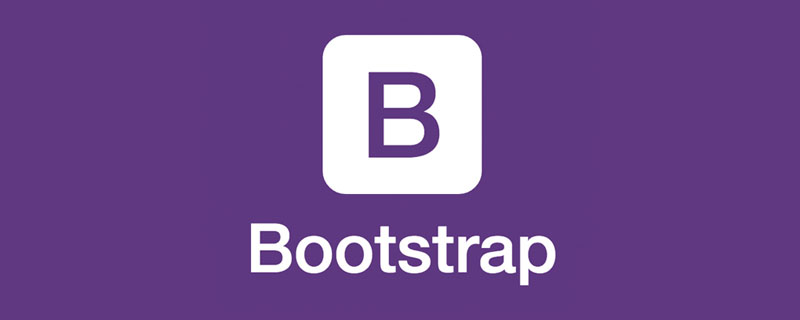
Bootstrap is generally used to develop websites. Bootstrap is an open source toolkit for front-end development. It is a framework for making web pages. You can use the styles and components it provides to quickly develop websites. It is simple and flexible, making web development faster, and can be used to quickly create a responsive website. .

The operating environment of this tutorial: windows7 system, bootstrap3 version, Dell G3 computer.
What are bootstrap generally used for?
Bootstrap is an open source toolkit launched by Twitter for front-end development. It was developed by Twitter designers Mark Otto and Jacob Thornton and is a CSS/HTML framework.
It is simple and flexible, making web development faster. By using it we will be able to create web projects easily.
is a framework for making web pages (currently the most popular WEB front-end framework), which means that you only need to write HTML tags and call its classes and you can quickly make a high-end web page. You don’t have to worry. Compatibility issues, many styles are provided for you to choose from!
For example, you need to make a website navigation, right? If you write it yourself, you need to write a lot of code, but if you use the bootstrap framework to write it, you only need to write the HTML tag and call the class name. !
Function:
Use the styles and components it provides to quickly write websites
You only need to reference some defined classes, that is, class names , you can create a web page that already has a very beautiful style, and it supports self-adaptation. It is a very good framework.
To put it simply:is an open source project (based on Jquery) for quickly building a website front page. You only need to understand the meanings of relevant classes, tag names, etc., and then when building the page, import bootstrap's JS, css, etc., and it will display the corresponding effects.
Recommended related tutorials: "bootstrap tutorial"
The above is the detailed content of What are bootstrap generally used for?. For more information, please follow other related articles on the PHP Chinese website!